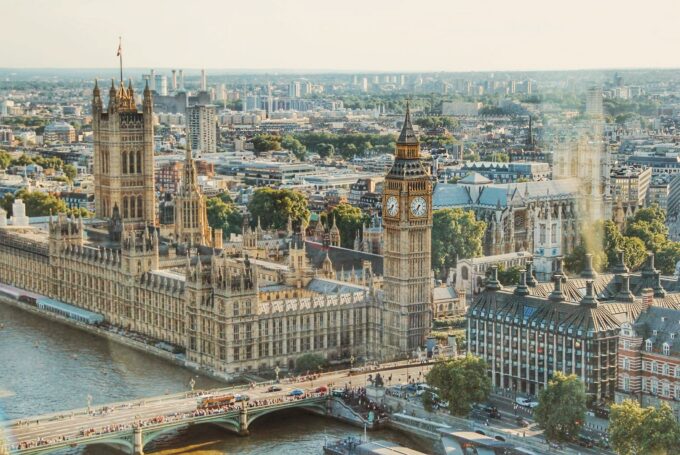Net Zero Policy: The latest political football or a real own goal?

Net Zero Policy has once again been dominating the headlines, with the latest wave sparked up by the Uxbridge and South Ruislip by-election where Labour London Mayor Sadiq Khan’s controversial ULEZ expansion policy was seen to cost the Parliamentary Party a win on Super Thursday.
This result says more than meets the eye – on one side the Conservative’s will now be thinking that they could replicate this win with other newly marginal seats right across the country by creating clear distinctions between it and the Labour Party. On the other, the by-election has exposed disagreements within the Labour Party, with Leader Keir Starmer reportedly telling Khan to reflect on whether to implement the ULEZ expansion during the ongoing cost-of-living crisis.
Lessons from ULEZ
In short, people are in favour of saving the planet (see our latest analysis below), but there are limits to what they can afford – particularly against the backdrop of the cost-of-living crisis. In this context, Prime Minister Rishi Sunak has maintained that he does not want policies to “unnecessarily give people more hassle” and Levelling Up Secretary Michael Gove MP has called for a relaxation of some net zero measures, claiming that the Government was asking too much of people, too quickly.
This can be evidenced through recent decisions such as Sunak’s call for a review of the low-traffic neighbourhoods’ rollout and Gove’s calls for a review of phasing out gas boilers by 2035. More telling however, is the latest findings from Whitehall suggesting that many of the Tory’s key green pledges were in fact unachievable in their current formats and within current timelines – leading environmentalist groups to claim the Government is using the environment as a ‘political football’.
Short Sighted Solutions
Alongside Conservative U-turns, there are increasing concerns that the Labour Party is looking to roll back its plans for net zero, despite Starmer’s pledge back in June that he would “throw everything” at net zero to achieve a low carbon future. Shadow Chancellor Rachel Reeves has maintained that financial stability has to be the number one priority, as she watered down Labour’s £28 billion green plan spending pledge.
Whilst there is evidently pressure on the Government to keep tight control of the public purse during the cost-of-living crisis, the likelihood is this will mean increased costs delayed rather than costs avoided. The Government has defended its net zero stance at every turn, highlighting the priority to “protect consumers” from rising costs; reaffirming it is pressing ahead with net zero ambitions seems to be an afterthought throughout commentary.
2024 General Election
This short-sighted approach is indicative of Party’s preparing for a General Election, particularly in the context of Uxbridge. However, whilst by-elections can provide an interesting insight into the political leaning of a certain area, it is fundamental not to view these results as indicative of public opinion across the rest of the country. Both Party’s now run the risk of over-analysing this latest result and declaring it proves voters are ‘anti-net zero’.
In fact, it is quite the contrary. As FleishmanHillard’s latest sustainability report published last week highlighted, 74% of adults in Great Britain are worried about climate change and it appears that 51% of consumers would pay more for a product with environmental sustainability claims. This comes as the latest polls show the Conservatives are performing particularly badly on being in touch with ordinary people (-53, compared to Labour’s +7) and representing what most people think (-49, compared to Labour’s 0).
Labour still maintains a healthy 17-point lead over the Conservatives according to most recent polling, and the majority of Conservative to Labour switchers want to see bigger investment into renewable energy to reach net zero and bolster economic growth. Further, the majority of Tory voters who plan to switch to Labour at the next election have expressed that Sunak has not done enough on climate change – increasing the pressure on Starmer to keep this at the heart of Labour’s plans for Government if they are to win a majority.
With a General Election in 2024, time will tell whether this game of political football will end in victory for either side or if a lack of net zero commitments will be a real own goal.
For more information on Sustainability, Communications and Climate Confusion, please do take a look at the latest report from our Sustainability Team. Please do not hesitate to reach out with any questions.
Sophie Fischer, Senior Account Executive, Public Affairs
Find Out More
-
Achieving Outsized Impact by Building Stronger Country Reputation
February 18, 2025


